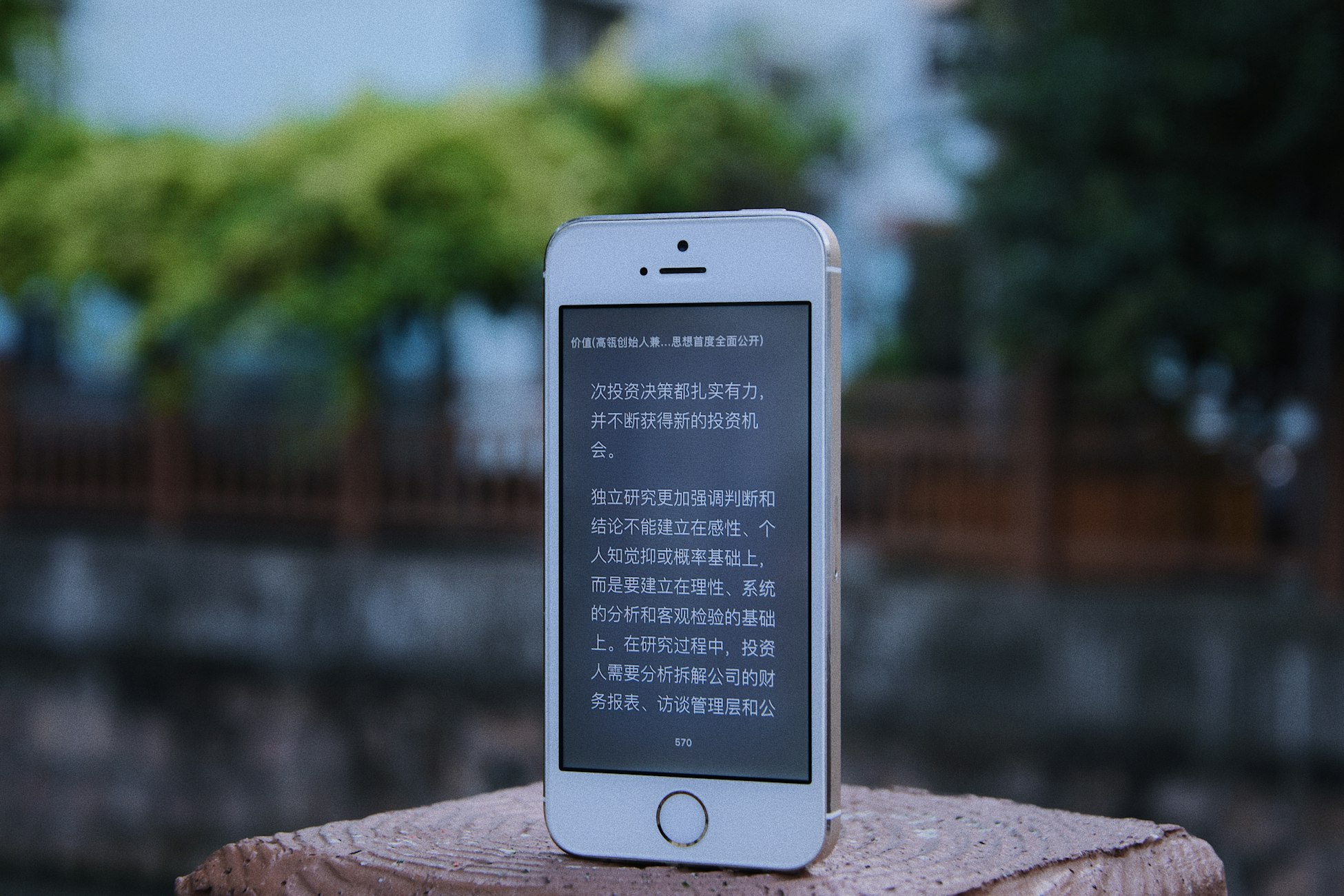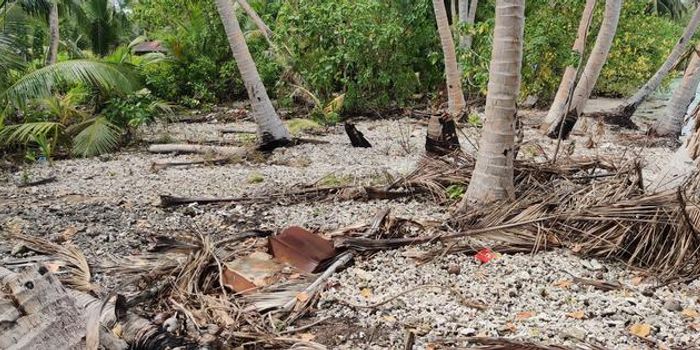Smartphones Can Measure Food Consumption
Scientists have devised a new method of using smartphones to measure food consumption and to predict physical well-being.
"We've harnessed the expanding presence of mobile and smartphones around the globe to measure food consumption over time with precision and with the potential to capture seasonal shifts in diet and food consumption patterns," explains Andrew Reid Bell, an assistant professor in New York University's Department of Environmental Studies and an author of the paper.
Findings appear in the journal Environmental Research Letters.
Traditionally, food consumption has been assessed by questionnaires that are dependent on the respondents. Moreover, food consumption has a strong impact on the environment as noted by study authors "we do not yet have the tools to analyze food consumption in the same ways as we do for environmental variables and food production. This is a critical gap, as it hampers our understanding of how environmental shocks carry through to become consumption shocks to households, communities, or regions and how responses to these shocks feed back into further environmental stress."
Learn more about food consumption:
"Access to mobile devices is changing how we gather information in many ways, all the way down to the possibility of reaching respondents on their own time, on their own devices, and in their own spaces," explains Bell.
"Food stress is dynamic, and people's needs -- particularly for expectant mothers and young children -- can change quickly," explains Bell. "Reaching respondents in real time allows us to map those changes in a way conventional approaches don't capture."
"Mainstreaming data collection by respondents themselves, through their own devices, would be transformative for understanding food security and for empirical social science in general," he adds. "It would mean their voices being counted through participation on their own time and terms, and not only by giving up a half-day or longer of work. For researchers, it would mean having connections to rural communities and a picture of their well-being all the time, not just when resources flow to a place in response to crisis, potentially unearthing an understanding of resilience in the face of stressors that has never before been possible."
Although the authors are certainly aware of smartphone availability in both rural and impoverished communities, they point out the importance of digital technologies in the advancement of developing nations.
"We now see mobile phone penetration almost everywhere in the world, with smartphone and mobile broadband subscriptions following the same trend," says Bell.
Source: Science Daily










